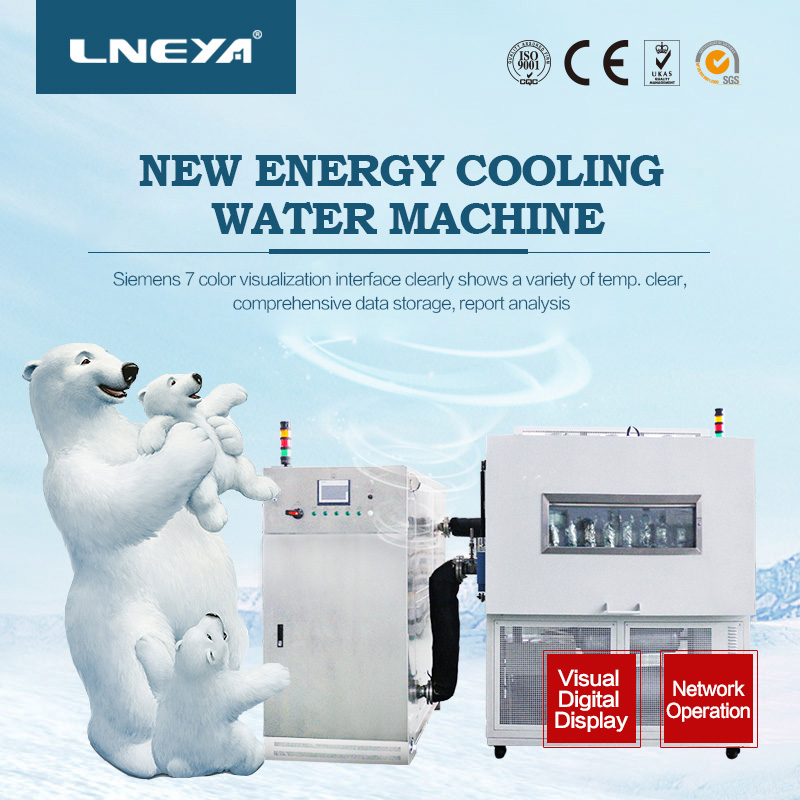New Energy Car Battery Test Equipment For Battery Description
Lead-acid battery raw materials are easy to obtain, the price is relatively low, the high rate discharge performance is good, the temperature performance is good, can work in the environment of -40~+60 °C, suitable for float charging, long service life, no memory effect, used battery Easy to recycle, it is conducive to protecting the environment. However, the energy is low, generally 30~40Wh/kg, the service life is not as good as the Cd/Ni battery, and the manufacturing process is easy to pollute the environment. It must be equipped with three waste treatment equipment.

Compared with lead-acid batteries, nickel-metal hydride batteries have a large increase in energy density, weight energy density of 65Wh/kg, volume energy density increased by 200Wh/L, high power density, high current charge and discharge, good low-temperature discharge characteristics, and circulation. Life expectancy, environmental protection and no pollution, the technology is mature compared to lithium-ion batteries. The normal working temperature range is -15~40°C, the high temperature performance is poor, the working voltage is low, and the working voltage range is 1.0~1.4V. The price is higher than that of lead-acid battery and nickel-hydrogen battery, but the performance is worse than lithium-ion battery.
Lithium-ion battery has high specific energy, high voltage platform, good cycle performance, no memory effect, environmental protection, and no pollution. It is currently one of the most promising electric vehicle power batteries. New energy vehicle battery test equipment can also be applied to such battery devices.
The fuel cell has higher specific energy, long driving mileage, high power density, high current charging and discharging, environmental protection and no pollution. The system is complex, the technology maturity is poor, the hydrogen supply system is lagging behind, and there is a high demand for sulfur dioxide in the air. Due to serious domestic air pollution, fuel cell vehicles in China have a short life span.
The new energy vehicle battery test equipment is suitable for sodium-sulfur battery with high specific energy, high power, fast charging speed, long life, no pollution, recyclability, no self-discharge phenomenon and high energy conversion rate.
However, the working temperature is high, and its working temperature is 300~350 degrees. When the battery is working, it needs a certain heating and heat preservation, the startup is slow, and the safety is poor.
New energy vehicle battery test equipment is suitable for new energy batteries, and new energy batteries such as lithium-ion batteries, fuel cells, and sodium-sulfur batteries can be tested.
 LNEYA Industrial Chillers Manufacturer Supplier -
LNEYA Industrial Chillers Manufacturer Supplier -











